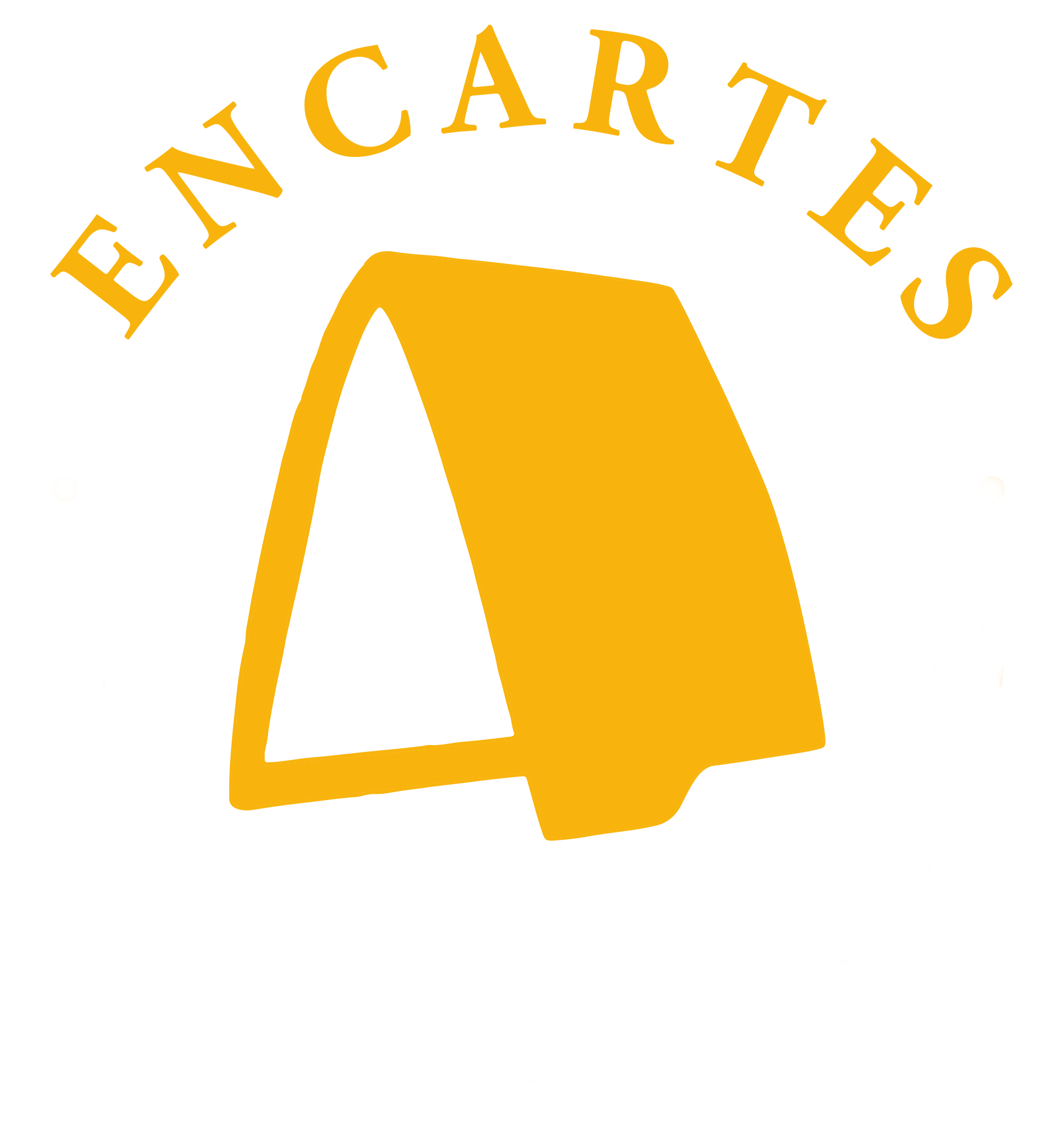home » indigenous women
Articles about "indigenous women"
Realidades socioculturales
Vol 2 Num 4 (2019)
Indigenous women between wars: old and new expressions of violence
- Laura Raquel Valladares de la Cruz
Keywords: Neoliberal extractivism., gender, intersectionality, indigenous women, Violence against women.
Throughout history it has been shown that in a large number of conflicts there is a constant: violence directed against women, using them as spoils of war to denigrate and hurt the contestants, be they peoples, groups or individuals. This is no different in contemporary conflicts faced by women of indigenous peoples, especially in those cases related to the struggle to build, defend and strengthen the autonomous models of their peoples and communities, as well as those related to the opposition of the peoples. against extractive megaprojects that threaten to deprive them of their territories. In this scenario, indigenous women are being objects of additional violence, not only considering them as spoils of war, but there is violence directed directly against them for their political activism, whether as autonomists, organization leaders, suffragettes, feminists or anti-women. extractivists. In this context, in this article we will provide an overview of the different intersections of gender, class, ethnicity that, in an extractive neoliberal context, violate men and women of indigenous peoples who put power, (in) justice and the economic model into question. current, focusing on the continuities and new expressions of violence against indigenous women.
Entrevistas
Vol 2 Num 4 (2019)
Three-way conversations on community feminism in Guerrero
Interview with - Tranquilina Morales and María del Carmen Mejía
- Lina Rosa Berrio
Keywords: feminism, community feminism, Guerrero, Me'phaa, Mexico, indigenous women.
TO Below are some fragments of that dialogue between two Me'phaa women, community feminists from the Guerrero mountain, and a feminist anthropologist interested in better understanding this proposal. It is not about “the spokespersons” or an “official” position on what community feminism is, but rather what this proposal means for them in their lives and how it relates to their own identity.







